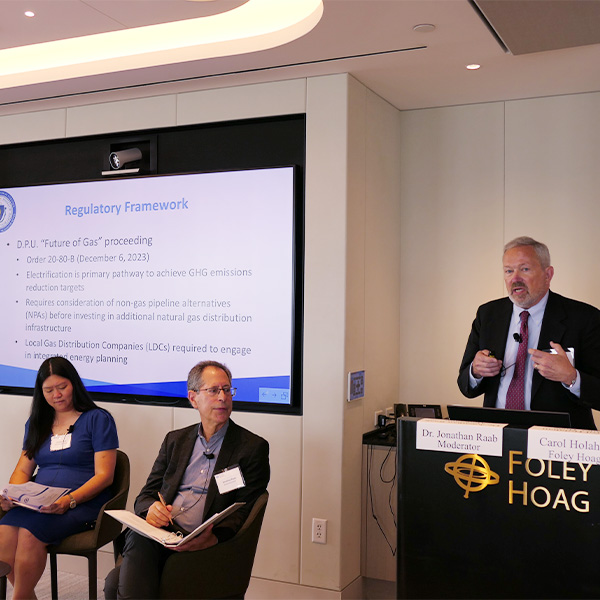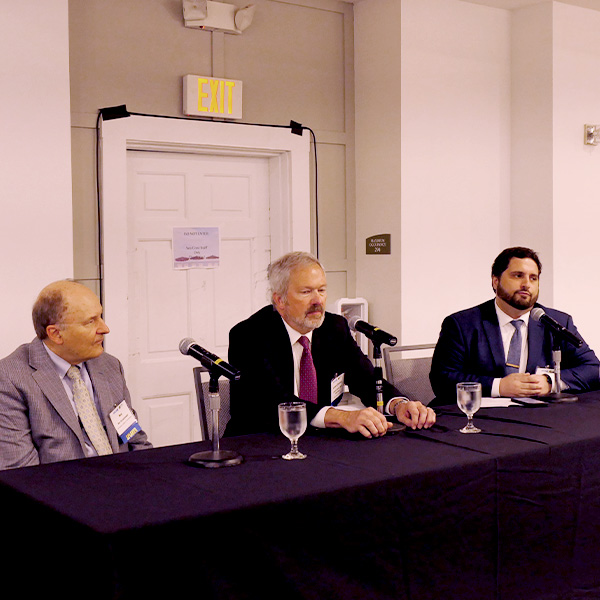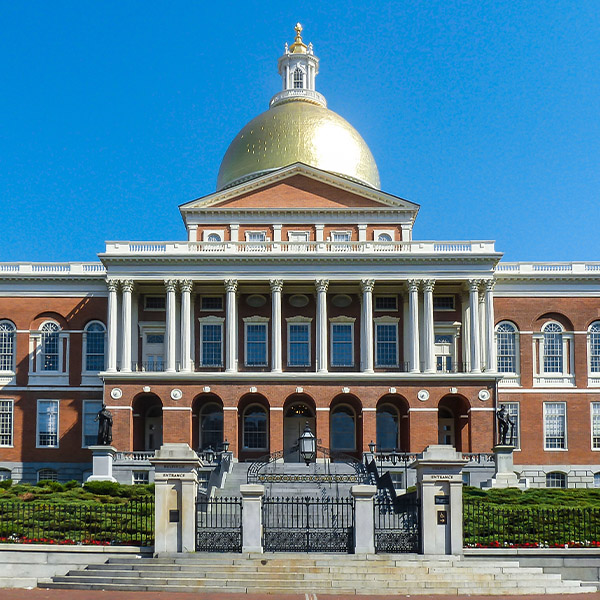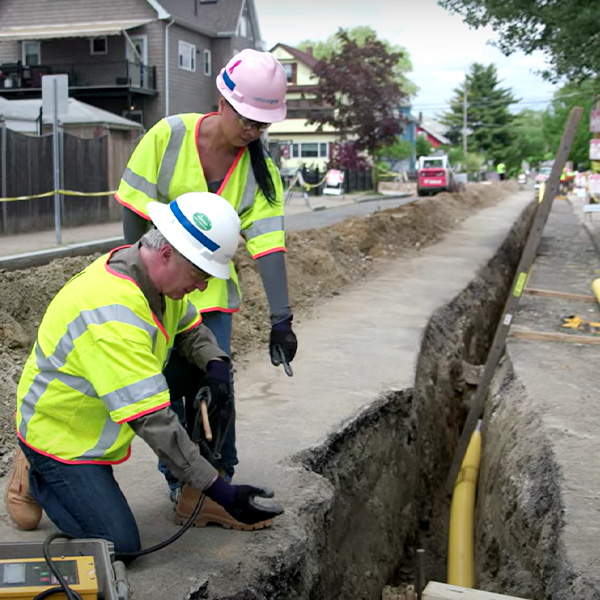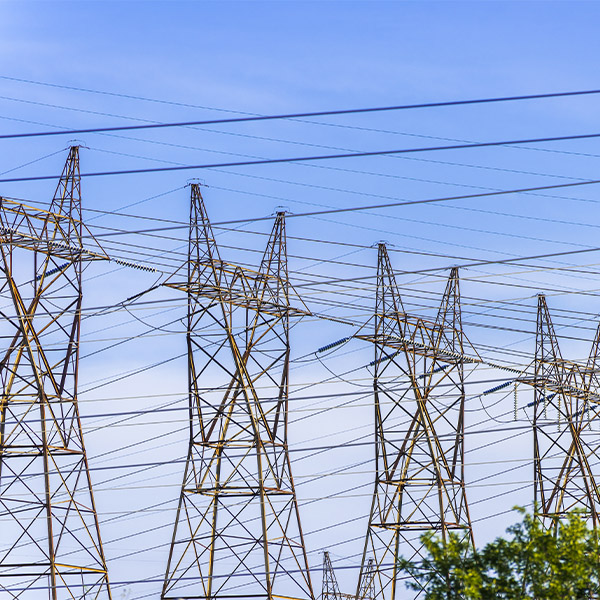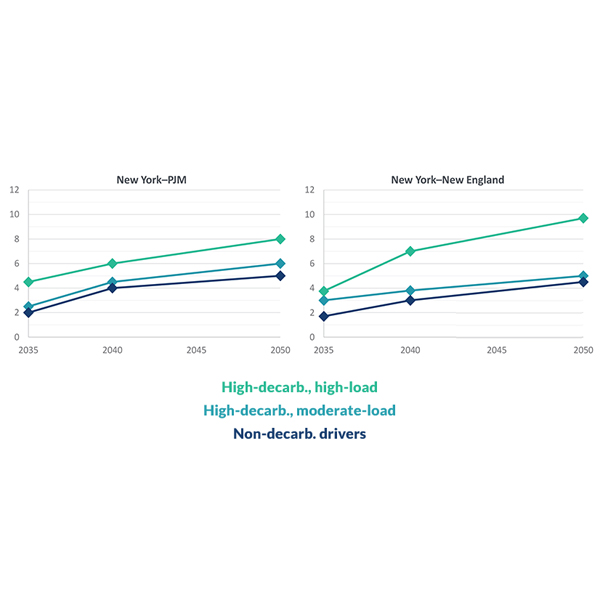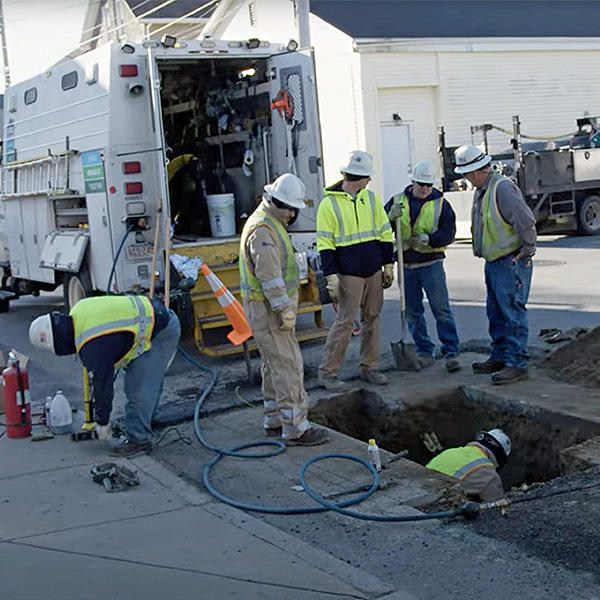Massachusetts
Despite interest from the Trump administration, new gas pipelines into New England remain unlikely due to a lack of counterparties willing to pay for the new lines, energy industry experts said.
New England utility regulators warned that knee-jerk reactions to backlash over high winter costs could create long-term consequences for customers.
Government officials and industry executives discussed how to mitigate rising energy costs in New England at the NECPUC Symposium.
Massachusetts Gov. Maura Healey has filed a major energy bill that her administration says would save ratepayers $10 billion over the next decade.
Time-of-use electricity rates could save Massachusetts ratepayers with electrified heating hundreds of dollars each year per household, according to a report.
The Massachusetts Department of Public Utilities has ordered major changes to the state’s program for addressing pipe leaks, aiming to better align the program with its long-term decarbonization strategy.
Officials from members of the Northeast States Collaborative on Interregional Transmission expounded the group’s strategic action plan.
In the wake of skyrocketing energy costs over the past winter and the loss of federal support for state clean energy initiatives, Massachusetts policymakers are facing hard questions about balancing decarbonization with energy affordability.
The Northeast States Collaborative on Interregional Transmission released a strategic action plan for creating an interstate planning process for transmission projects that span the seams of their grid operators.
Business groups and environmental advocates expressed divergent views on a proposal by the Massachusetts Department of Public Utilities that would require new gas customers to cover the entire cost of connecting to the system.
Want more? Advanced Search
